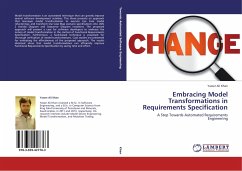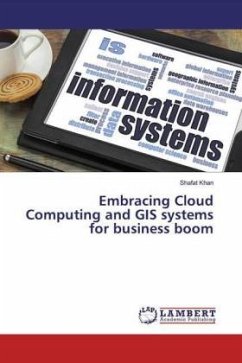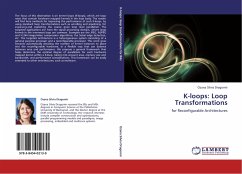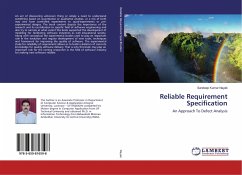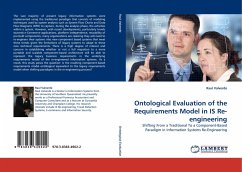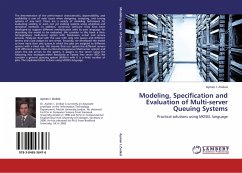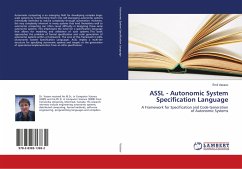Model transformation is an automated technique that can greatly improve several software development activities. This thesis presents an approach that leverages model transformation to execute Use Case model refactorings, and transform Use Case Map scenario specifications into UML 2 Activity Diagram and Sequence Diagram notations. The proposed approach will present a case for software developers to embrace the notion of model transformation in the context of Functional Requirements Specification. Furthermore, a fault-based technique is proposed for thorough verification of model transformations. Case studies are presented for evaluating the effectiveness of the proposed approach. The results obtained show that model transformations can efficiently improve Functional Requirements Specification by saving time and effort.

